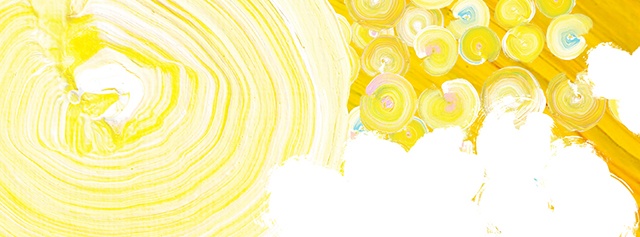water based paints and screen printed drawings on vinyl over metal truss and handmade lighting, 12 x 12 x 18 ft
About the Artist
Laurie Shapiro is an installation artist and painter based in Los Angeles, California. She was born in Long Island, NY in 1990 and received her BFA from Carnegie Mellon University in 2012. Shapiro also studied abroad at Bilkent University in Ankara, Turkey in 2011.
Her immersive installations have been commissioned by various institutions including the San Diego Museum of Art, San Luis Obispo Museum of Art, Otherworld, Walter Studios, and Coffee World. Her installation, Flowers Are Not A Crime, commissioned for Weedmaps, has toured the country and appeared at Life Is Beautiful (Las Vegas, 2021), California Vibes (Long Beach, 2022), and the Governors Ball (NYC, 2022).
Shapiro has had two solo shows with Radiant Space Gallery in Los Angeles and has exhibited her work at Mars Gallery in Chicago. She has completed artist residencies at the American Academy in Rome, Kala Art Institute in Berkeley, and the San Jose Museum of Quilts and Textiles. Shapiro has also been awarded Artists’ Fellowship Grant, Puffin Foundation Grant, and Center for Cultural Innovation Grant. Her paintings are in public and private collections, including the San Jose Museum of Quilts and Textiles and Bilkent University.
2023 Anthropology of Motherhood Exhibition Statement
By Amy Bowman-McElhone PhD
The intersections of motherhood and disability are complex and multifaceted, encompassing a wide range of experiences and perspectives. According to disabilities studies scholar Kristen Lindgren, pregnancy, motherhood, and disability are connected in that they “involve the redrawing of bodily boundaries and incorporation of an other into the self. Both motherhood and [disability] require learning new ways to use my body and to interpret bodily signals.”
Mothers/parents who identify as disabled, and caregivers of disabled kin face unique challenges that are often overlooked or misunderstood by dominant culture, including barriers to healthcare, social isolation, and systemic discrimination. Despite these obstacles, mothers/parents who identify as disabled have also forged powerful communities of support and resistance, challenging dominant narratives about motherhood and disability and pushing for greater inclusivity and equity.
This year, Anthropology of Motherhood’s exhibition explores these intersections through a selection of artworks that offer diverse perspectives on the experiences of disabled artist/mothers and disabled artist/caregivers. These artworks highlight the ways in which disability shapes the experience of caregiving, parenting, and motherhood, while also challenging ableist assumptions and stereotypes. They draw attention to the complex realities of parenting with a disability, including joy, creativity, agency, and navigating systemic barriers.
Through a variety of media including photography, sculpture, performance, painting, and multimedia installations, these artworks explore themes such as the challenges of navigating healthcare systems, the intersections of disability and reproductive rights, and the emotional labor of mothering/parenting with a disability. They also offer insights into the rich networks of support and community that, in their solidarity, intervene in dominant narratives about motherhood and disability.
Together, these artworks provide a powerful testament to the creativity, labor, and profound relationships of reciprocal care engaged in by artists who identify as disabled mother/caregivers/parents, highlighting the importance of centering the intersectional experiences of motherhood and disability. The exhibition seeks to amplify the voices of these artists as a means to challenge ableist assumptions and design an equitable world for all mothers/caregivers/parents.
Anthropology of Motherhood Partners
This exhibition is presented in collaboration with the Dyer Arts Center at Rochester Institute of Technology’s National Technical Institute for the Deaf.
Anthropology of Motherhood would also like to thank:





